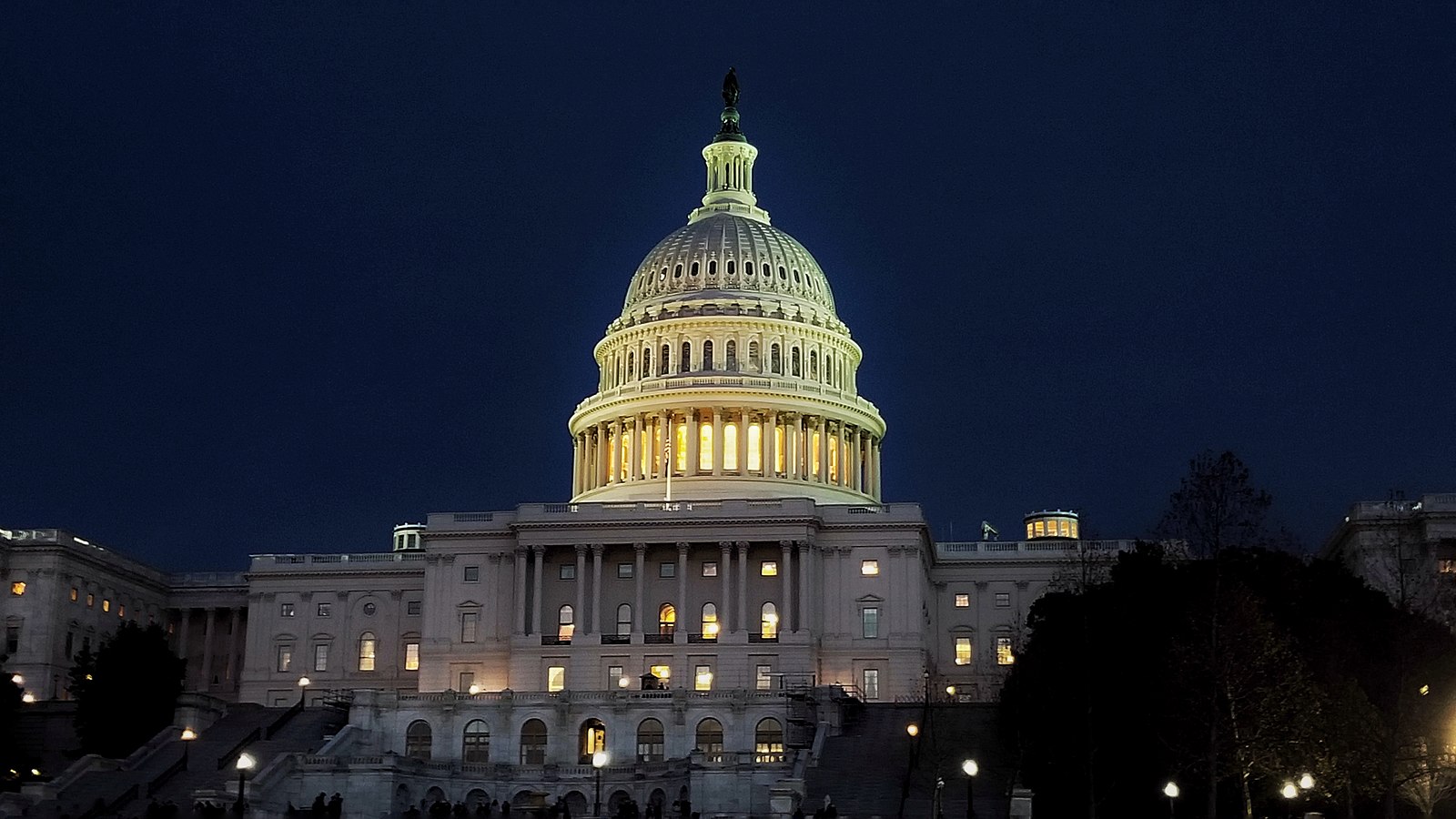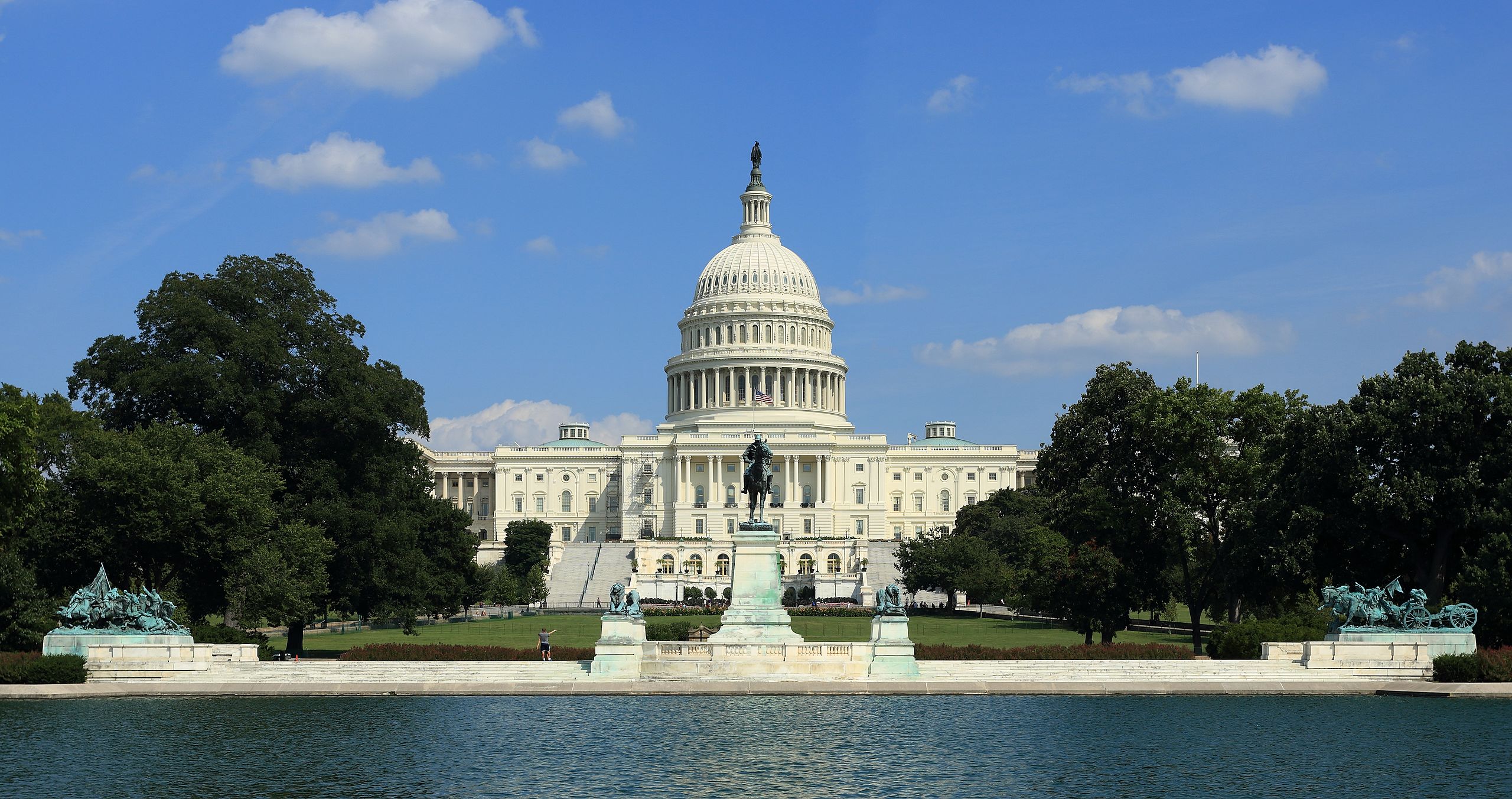Tag: Democratic primaries
-
Democrats to hold firehouse primary for Virginia’s 11th Congressional District June 28

On June 3, 2025, Gov. Glenn Youngkin (R) called a special election for Virginia’s 11th Congressional District to be held Sept. 9, 2025. Incumbent Gerald Connolly (D) died on May 21, 2025. Virginia law requires political parties to nominate their candidates 60 days before special elections, in this case by July 11. The 11th Congressional…
-
Five candidates are running in the Democratic primary for mayor of Buffalo on June 24, 2025

Five candidates are running for the Democratic nomination for mayor of Buffalo on June 24, 2025. Acting Mayor Christopher P. Scanlon (D) and Sean Ryan (D) lead in fundraising and media attention. City & State’s Austin C. Jefferson wrote, “Whoever wins the race and the following general election will be on the front lines of…
-
Incumbent Edward Gainey (D) and Corey O’Connor (D) are running in the Democratic primary for mayor of Pittsburgh, Pennsylvania, on May 20, 2025

Incumbent Edward Gainey (D) and Corey O’Connor (D) are running in the Democratic primary for mayor of Pittsburgh, Pennsylvania, on May 20, 2025. A Democrat has held the mayor’s office since 1934. PennLive‘s J.D. Prose wrote, “With Pittsburgh remaining a solidly blue enclave in purple Allegheny County, the party’s primary race winner will be considered…
-
Six candidates are running in the Democratic primary for governor of New Jersey on June 10

Six candidates are running in the Democratic primary for governor of New Jersey on June 10, 2025. Those candidates are: Ras Baraka (D), Steve Fulop (D), Josh Gottheimer (D), Mikie Sherrill (D), Sean Spiller (D), and Stephen Sweeney (D). Incumbent Gov. Phil Murphy(D) is term-limited. Fairleigh Dickinson University’s Dan Cassino said the primary is “really wide open for any of the candidates, and that’s really unusual, to have a whole bunch of candidates who have a plausible path forward. It’s likely to…
-
Matt Meyer (D) won the Democratic primary for Governor of Delaware

Matt Meyer (D) won the Democratic primary for Governor of Delaware on September 10, 2024, defeating Bethany Hall-Long (D), and Collin O’Mara (D). Spotlight Delaware’s Karl Baker wrote that the trio’s campaign funds “far surpass[ed] past fundraising totals in gubernatorial races at the same stage of the campaign, except those from the 2008 contest—the last…
-
Janelle Bynum wins the Democratic primary for Oregon’s 5th Congressional District against Jamie McLeod-Skinner

Janelle Bynum (D) won the Democratic primary for Oregon’s 5th Congressional District on May 21, 2024. Bynum received 70% of the vote. Jamie McLeod-Skinner (D) finished in second with 30%. McLeod-Skinner won the Democratic primary in 2022, defeating then-incumbent Rep. Kurt Schrader (D). McLeod Skinner lost to Rep. Lori Chavez-DeRemer (R) in the general election…
-
Yassmain Ansari (D), Raquel Terán (D), and Duane Wooten (D) are running in the Democratic primary in Arizona’s 3rd Congressional District

Yassamin Ansari (D), Raquel Terán (D), and Duane Wooten (D) are running in the Democratic primary in Arizona’s 3rd Congressional District on July 30, 2024. Ansari and Terán lead in noteworthy endorsements, polling, and fundraising. Incumbent Ruben Gallego (D) is running for U.S. Senate, leaving the district open. According to Vox, the open-district race presents…
-
Two candidates are running in the Democratic primary for New Jersey’s 9th Congressional District

Two candidates are running in the Democratic primary for New Jersey’s 9th Congressional District on June 4, 2024—incumbent Rep. Bill Pascrell (D) and Mohamed Khairullah (D). New Jersey Globe’s David Wildstein wrote that the election will “undoubtedly focus on the war in Israel and Gaza.” The 9th Congressional District includes Patterson, New Jersey, which, according…
-
Five candidates are running in the Democratic primary for New Jersey’s 3rd Congressional District

Five candidates are running in the Democratic primary for New Jersey’s 3rd Congressional District on June 4, 2024. Two candidates lead in media attention and polls: Herbert Conaway Jr. (D) and Carol Murphy (D). Incumbent Andrew Kim (D), who was first elected in 2018, is running for the U.S. Senate. This is the first open…
-
Ten candidates are running in the Democratic primary for U.S. Senate in Maryland

Ten candidates are running in the Democratic primary for U.S. Senate in Maryland. Two candidates lead in media attention, endorsements, polls, and fundraising: Angela Alsobrooks (D) and David Trone (D). Incumbent Ben Cardin (D), who was first elected in 2006, is not running for re-election. Democratic strategist Len Foxwell told The Hill that the Democratic…

